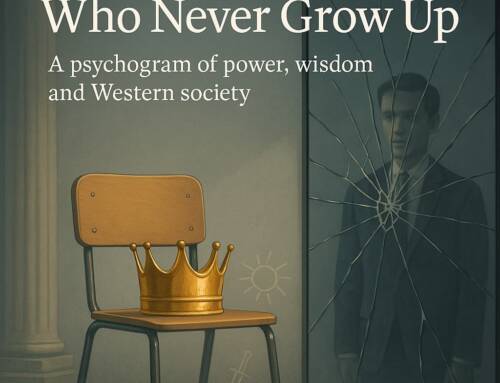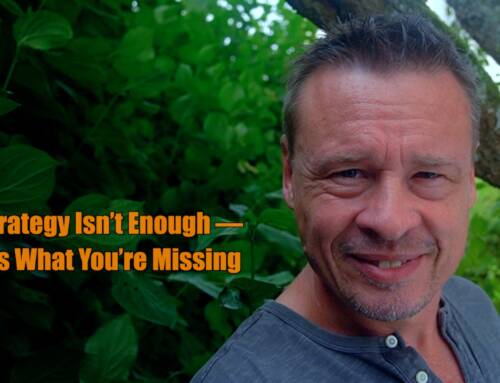The following is a response to Maslow’s Hierarchy of Needs and… Supremacy, Neo-Colonialism, and International Development by Ann Hendrix-Jenkins, in which she draws an insightful connection between the western mind, conditioned by its historical-cultural background, and what it means to how development cooperation is carried out.
To better follow my arguments below and simply because it’s an important article, I recommend you read Ann’s piece first.
🤜 So here it comes, clearly an opinion piece. To some it might come across as a bit of a rant:
I have been thinking about Maslow and what his Hierarchie of Needs means for development cooperation ever so often. I’ve come to believe that the “scientificness” of his hierarchy is actually “creepy”. It equates needs with wants, and in doing it has crept deeply into western minds.
The mental teenager and what s/he does
I borrow the concept of a mental teenager from Mark Manson who calls them eternal adolescents, in the sense of Weber’s ideal type.
Manson writes in The Four Stages of Life: “Thes are people who stay in Stage Two beyond that are popularly referred to as those with “Peter Pan Syndrome“—the eternal adolescents, always discovering themselves but finding nothing.”
They’re people who fail to accept their own limitations which would be a healthy and good thing for their personal development.
Now, this could be said about our western societies, too. Our development is stuck in a permanent economic growth mindset. We’re failing to see our limitations to move onto another developmental stage.
Since it makes so much sense, let’s transfer more of Manson’s thinking to westerns societies and the international development context. Here’s Manson again:
“At some point we all must admit the inevitable: life is short, not all of our dreams can come true, so we should carefully pick and choose what we have the best shot at and commit to it. But people stuck in Stage Two spend most of their time convincing themselves of the opposite. That they are limitless. That they can overcome all. That their life is that of non-stop growth and ascendance in the world, while everyone else can clearly see that they are merely running in place.”
I reckon it’s easy to see how this could be expanded from the individual to a societal level — and that this has a big impact on how the affected societies drive their international development cooperation initiatives.
Which brings us to Maslow
Speak to any mental teenager and they’ll tell you that what they want they need. Asking them about the difference confuses them. Many have never contemplated a difference between food and luxury food, what is necessary for their life and what is actually just nice to have.
Obviously, all this impacts our cultures. It would be naive to believe that all development is great — or even that the bottom line of development efforts will naturally always remain positive. As these kinds of differences between needs and wants vanish, they leave us with less and less space for our minds to reflect upon and control our actions. We’re increasingly moved by our emotions, on all levels. So in terms of personal development it seems more a regress.
The James Dean movie Rebel Without a Cause is about emotionally confused suburban, middle-class teenagers without a deeper purpose, lost in Maslow’s hierarchy so to speak. In Germany the movie was released with the title “… denn sie wissen nicht, was sie tun”, which translates to “… and they don’t know what they’re doing.”
I guess similarly this is what’s basically wrong with development cooperation as well. The involved organizations don’t really know what they’re doing because they don’t know what it is they want ultimately. Or to be fair, how to get to the next stage.
I get the impression that this is also why existing structures and previous development efforts are generally ignored on project level.
Fake it until you make it? But where to?
Nowadays, the old development mindset often comes wrapped in a veil that has “innovation” written on it. Maintaining old infrastructure would be really great, hey. Yes sure, but we also need digitalization. Everything is digital today it seems. Huh?
Remains for me to say this time: For me, a mental teenager is someone who exercises a not-my-fault-approach, never taking responsibility. Responsibility is a grander concept for leaders.
The bureaucracies that drive development cooperation have delegated responsibilities. At all costs and by all means, they stick to the rules of their “game”. With the increased pressure for compliance and workflow efficiency avoiding being guilty becomes a main concern for staff. Responsibility rests in the system. Clearly a euphemism.
Well, I guess project staff is there to “implement”. No wonder that this unwieldy term is used in any article about a development project.





Leave A Comment